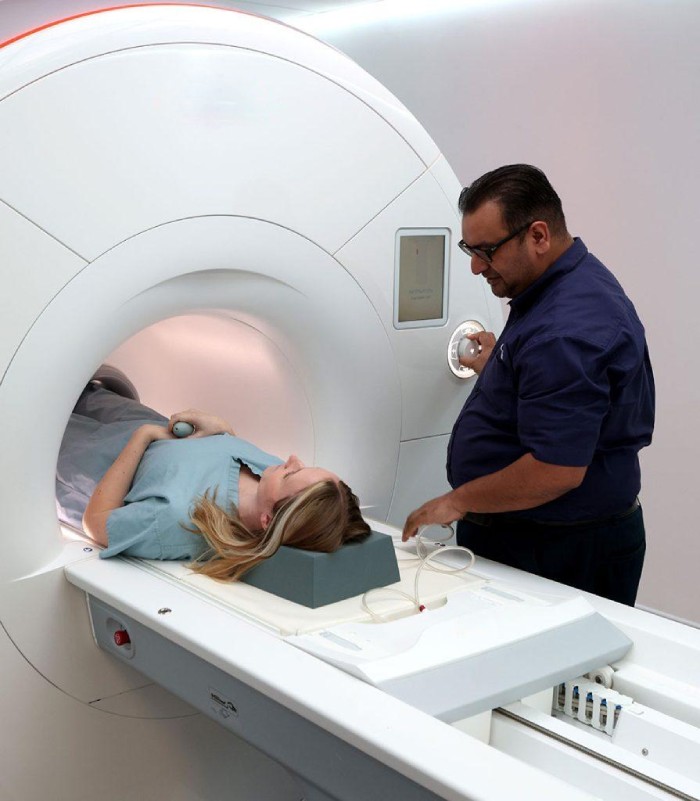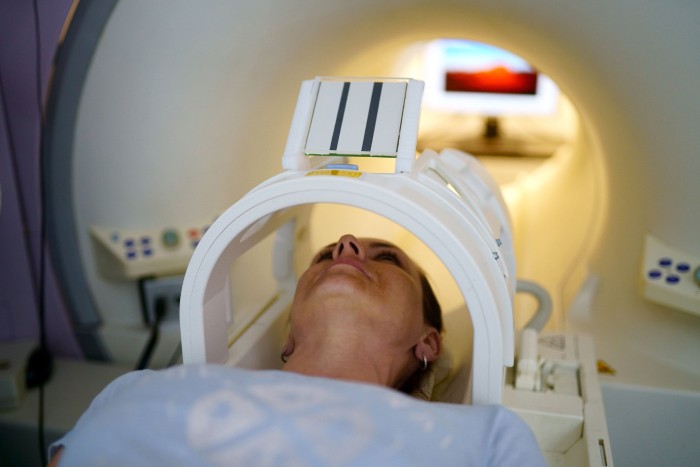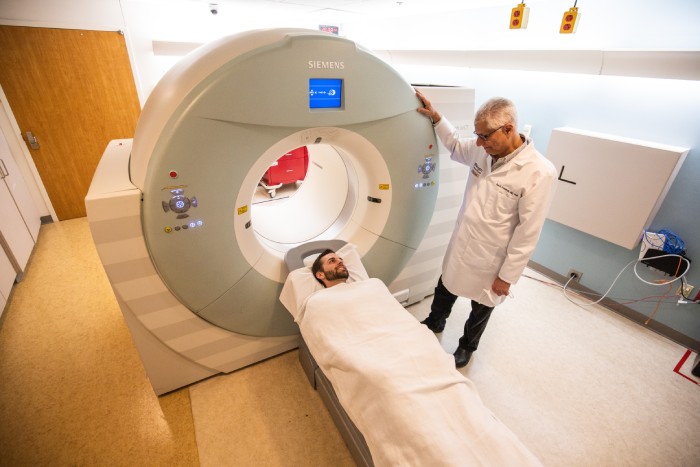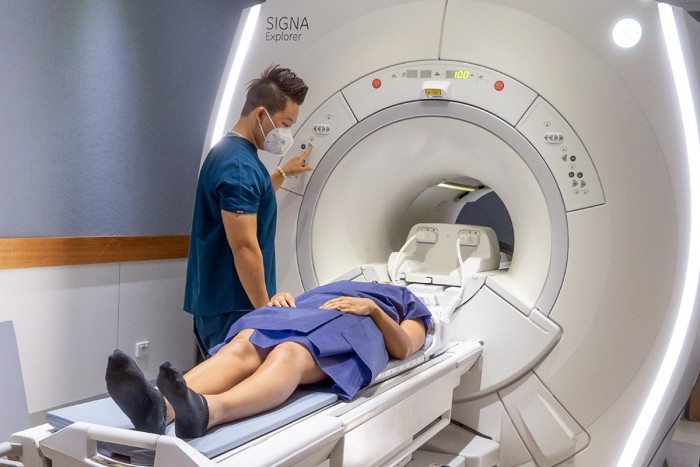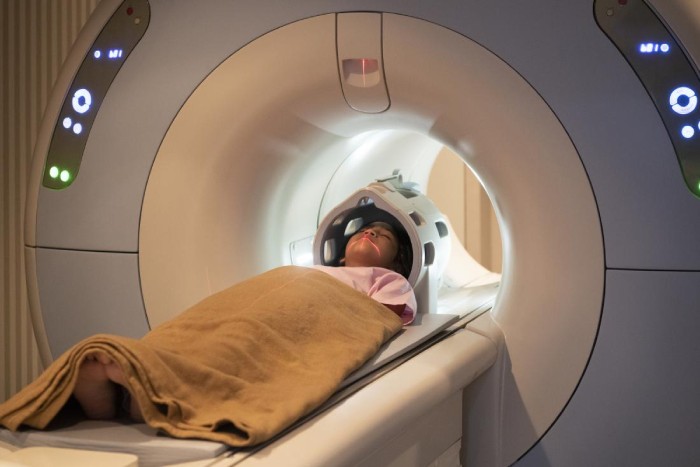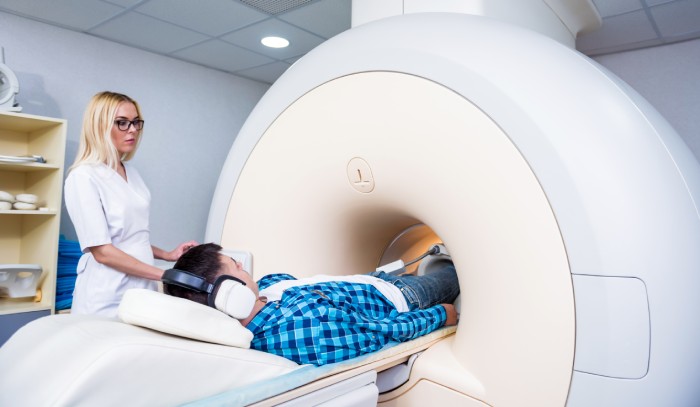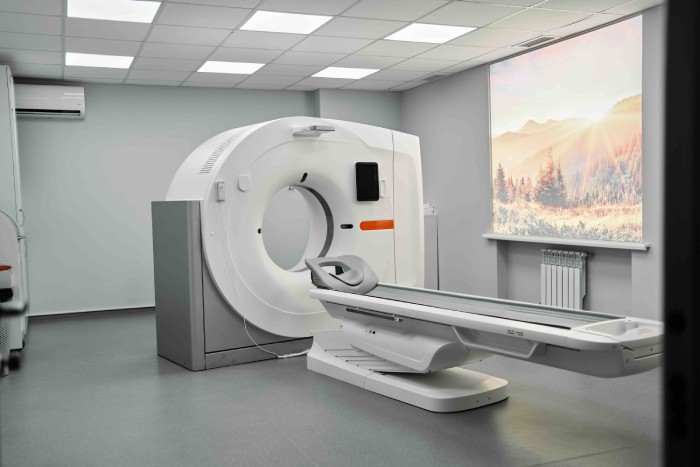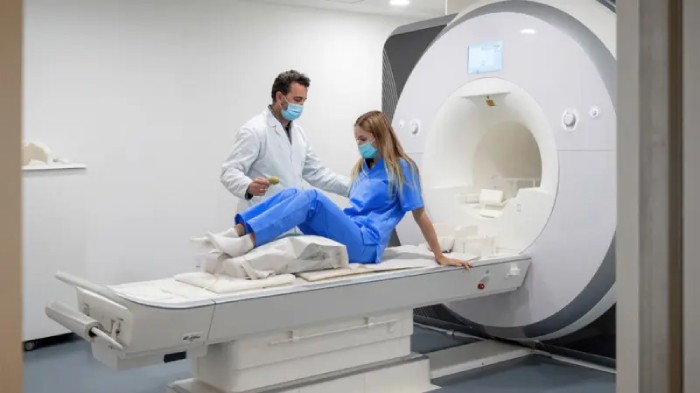Pathology Tests
Pathology tests, also known as laboratory tests or clinical tests, are medical procedures used to diagnose, monitor, and manage various diseases and conditions. These tests analyze samples of body fluids, tissues, or other substances to provide valuable information about a person’s health status. Pathology tests are conducted by trained professionals in specialized laboratories, and the results are typically interpreted by healthcare providers to aid in diagnosis and treatment decisions.
Key points about Pathology Tests include:
- Purpose: Pathology tests, also known as laboratory or diagnostic tests, are medical tests performed on samples of body fluids, tissues, or cells to help diagnose, monitor, and manage various diseases and conditions.
- Types of samples: Pathology tests can be conducted on a wide range of samples, including blood, urine, stool, tissue biopsies, bone marrow, cerebrospinal fluid, and other body fluids.
Why Pathology Tests are helpful?
- Diagnosis: Pathology tests aid in diagnosing various diseases and conditions. They provide valuable information to healthcare professionals by identifying the presence of pathogens, measuring levels of specific substances in the body, detecting abnormal cell growth, or assessing organ function. These tests help doctors make accurate diagnoses and determine appropriate treatment plans.
- Screening and Prevention: Pathology tests are used for screening individuals at risk of certain diseases, even before symptoms appear. For example, mammograms are employed for breast cancer screening, and colonoscopies are used to detect colorectal cancer. Early detection through screening allows for timely intervention and improves outcomes.
Preparation:
- Review the test objectives: Understand the purpose and objectives of the lab test. This will help you focus your preparation and know what to expect during the test.
- Familiarize yourself with lab protocols: Review the specific protocols and procedures relevant to the lab test you will be performing. Understand the steps involved, safety precautions, and any specific guidelines provided by your instructor.
Procedure:
- Sample Collection: The next step involves collecting a sample from the patient. The type of sample collected depends on the specific test being conducted. Common samples include blood, urine, saliva, tissue biopsy, sputum, stool, or other bodily fluids. The healthcare provider or a trained technician will perform the collection procedure using appropriate techniques and precautions.
- Analysis: The processed samples are then subjected to various tests and analyses based on the specific pathology test ordered. These tests can include biochemical, molecular, microbiological, cytological, or histological examinations, among others. Highly skilled laboratory professionals, such as pathologists, medical technologists, or technicians, perform these tests using specialized equipment and techniques.
Safety:
- Laboratory Standards: Pathology tests are conducted in clinical laboratories that adhere to strict quality control measures. These include maintaining cleanliness, using appropriate equipment and reagents, and following standardized procedures. Accredited laboratories often undergo regular inspections and audits to ensure compliance with safety standards.
- Professional Competence: The interpretation of pathology test results requires expertise. Pathologists and laboratory professionals are trained to analyze samples accurately and provide reliable diagnoses. Their competence and experience contribute to the safety and reliability of the tests.
Diagnostic Applications:
- Disease Diagnosis
- Cancer Detection and Staging
- Infectious Disease Diagnosis
- Organ Function Assessment
- Hormone and Endocrine Disorders
- Genetic and Molecular Testing
- Monitoring and Treatment Response
- Autoimmune and Immunodeficiency Disorders
These are just a few examples of the diagnostic applications of pathology tests. The specific tests required depend on the suspected condition and the clinical presentation. Healthcare providers rely on pathology tests to gather objective data, aid in accurate diagnoses, and guide appropriate treatment plans for their patients.
